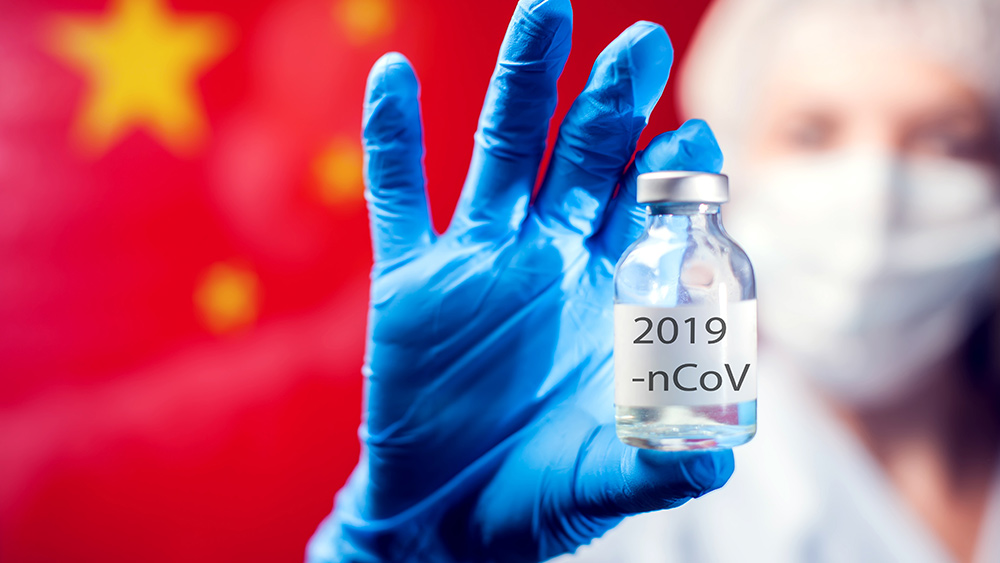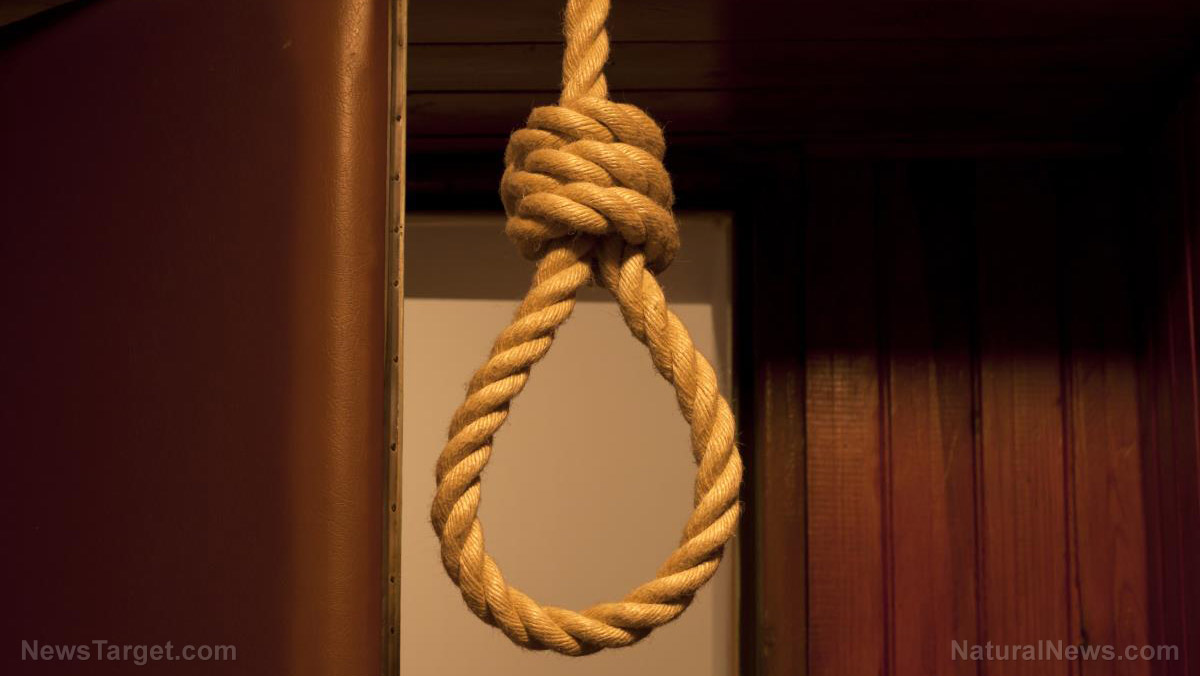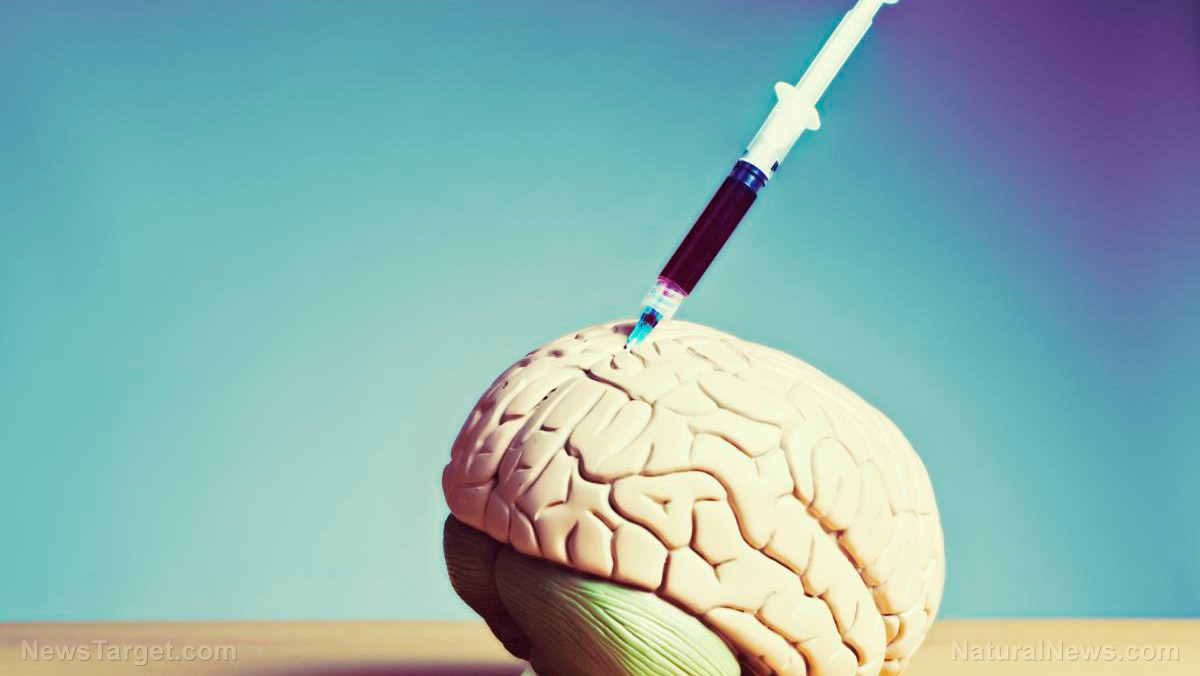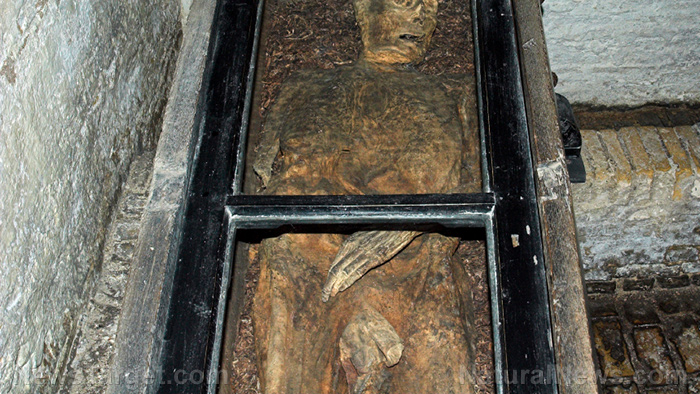
Leading public health officials in China have recently said that people who take the Wuhan coronavirus (COVID-19) vaccines developed in the country may need an additional third dose to boost its effectiveness.
The recommendation to get injected with a third dose of the Chinese vaccines came after an incident involving a doctor in the province of Shaanxi in central China.
In Shaanxi's capital of Xi'an, a doctor known only by the surname Liu tested positive for the coronavirus despite receiving two doses of the COVID-19 vaccine. State-run media reported the incident on March 18, but their stories failed to mention which Chinese-made vaccine Liu had received.
On March 20, Gao Fu, director of the Chinese Center for Disease Control and Prevention, explained during an interview with state-run China Central Television that a third dose of the coronavirus vaccine is necessary to prevent infections.
According to Gao, the antibodies that the body supposedly produced after taking the coronavirus vaccine "may not be so good for preventing respiratory infections."
He added that the two-dose regimen of the Chinese coronavirus vaccines, might not induce enough antibodies to form. Thus, a third dose is needed.
During his interview, Gao tried to reassure the public regarding the efficacy of the domestic vaccines by emphasizing that their protective effects against coronavirus are still sufficient. (Related: Who needs SCIENCE? China justifies widespread COVID-19 immunizations without bothering with clinical trials.)
United Arab Emirates offers third "booster" shot of Chinese-made Sinopharm vaccine
The United Arab Emirates has begun administering a third dose of the Chinese-made Sinopharm vaccine to many residents.
"A select group of people are being administered a third shot to observe the immune system response," noted G42 Healthcare, the company that coordinated Sinopharm's Phase III clinical trials in the U.A.E. and several other countries across the Middle East and North Africa.
The government has asked people to take antibody tests if they fear they are not immune to the coronavirus. If the test shows that the person has not developed enough antibodies to mount an effective immune response to COVID-19, that person becomes eligible to receive a third dose of the Sinopharm vaccine as a "booster."
"The vast majority of people have taken Sinopharm and it shows a good response," said one doctor working at a government hospital. "The booster is only needed if you don't mount an immune response after two jabs."
The U.A.E. has also begun offering Sinopharm "booster" shots to all residents who had their first dose more than six months ago.
Government statements and spokespersons have all said that very few people are not generating enough antibodies for the coronavirus after getting the Sinopharm vaccine. Dr. Nawal Al Kaabi, chairwoman of the National Clinical Committee for COVID-19 Management, said that less than one percent of those vaccinated were not generating enough antibodies to fight off the disease.
"It is not significant at all," Al Kaabi said.
But when the Wall Street Journal spoke with eight people living in Abu Dhabi, all of them said they were called by public health services to come to a clinic to receive a third dose. None of them were tested for antibodies before receiving the shot.
All eight individuals were employees or contractors of government entities.
"I was not given any reason or explanation when I was called," said one person. "I was just told to show up for a booster shot."
The WSJ also spoke with two doctors who said that many of their patients who received the Sinopharm vaccine have shown very little antibody response after the second dose. Many others have not shown any antibody activity at all.
In Dec. 2020, health officials at a closed-door meeting with companies working for the government warned that a third shot of the Sinopharm vaccine may be necessary for people who don't develop an adequate antibody response from the regular two-dose regimen.
The U.A.E. started vaccinating healthcare workers with Sinopharm vaccine as early as September last year. The Middle Eastern nation has become one of China's primary testing grounds for the effectiveness of its vaccines.
The Sinopharm vaccine has become the U.A.E.'s vaccine of choice for its mass inoculation campaign. It has allowed the country to develop one of the world's most widespread vaccination drives. It has provided around 67 vaccine doses per 100 residents, a feat second only to Israel in countries with sizeable populations.
The country's Ministry of Health and Prevention boasted on Tuesday, March 23, that around 70 percent of the nation's elderly and vulnerable populations have received free Sinopharm shots, and more than half of the target population has already been inoculated.
Learn more about the spread of Chinese-made coronavirus vaccines like Sinopharm by reading the latest articles at Vaccines.news.
Sources include:
Please contact us for more information.




















